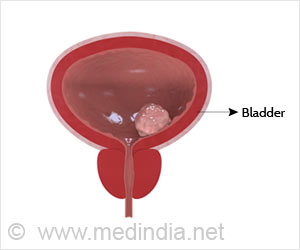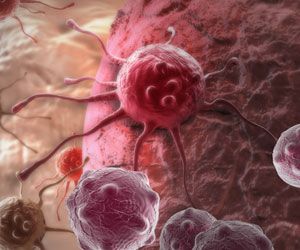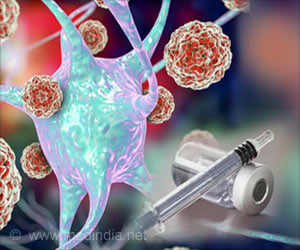Urothelial Cancer may now be detected by a new noninvasive technique called UroSEEK.This method works by identifying genetic errors in cells shed into the urine.

‘Among 570 patients at risk for bladder cancer, UroSEEK tested positive 83 percent of those who really did develop bladder cancer. The detection rate increased to 95 percent when urine cytology and UroSEEK were used in combination.’





UroSEEK identifies genetic errors in cells shed into the urine. The analysis scans for mutations in 11 cancer driver genes associated with urinary tract cancer and for evidence of chromosomal imbalance.In the study, the researchers found that of 570 patients at risk for bladder cancer, UroSEEK tested positive in 83 percent of those who developed bladder cancer. The detection rate increased to 95 percent when urine cytology and UroSEEK were used in combination.
They found also that of 56 patients with upper tract urothelial cancer, 75 percent tested positive by UroSEEK. In the future, the researchers say, UroSEEK will be applied to large patient populations to screen for bladder and upper urothelial cancer.
The research involved the joint efforts and multidisciplinary expertise of urologists, cancer biologists, pharmacologists, pathologists, oncologists, chemists and computational biologists from around the world.
Funding for the research was provided by Henry and Marsha Laufer; the National Science Council (Taiwan); National Institutes of Health; John Templeton Foundation; Conrad N. Hilton Foundation; Ludwig Institute for Cancer Research, and the Sol Goldman Pancreatic Research Foundation. The findings of //
Advertisement














